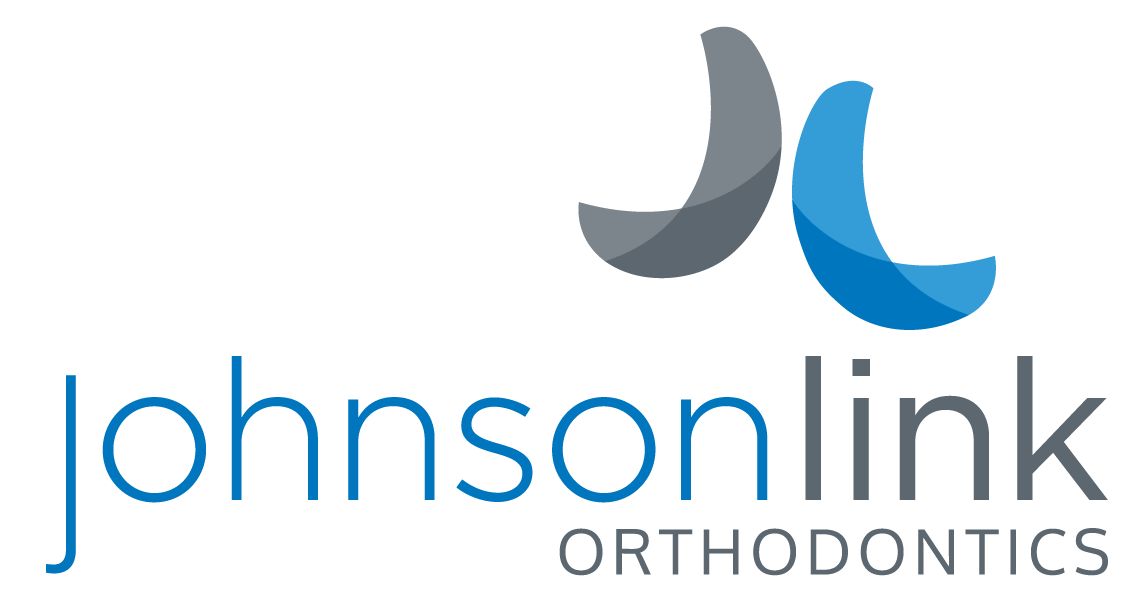Orthodontic FAQ
1.What age should my child be seen by an orthodontist?
Children should visit the orthodontist by the age of 7. However, no age is too early if your child is showing early signs of orthodontic issues.
2.What will happen at my initial exam?
Our records technicians will take the necessary diagnostic records to allow us to make a proper diagnosis and then one of our doctors will complete a thorough exam.
3. How long will it take to complete treatment?
Treatment time depends on each patient’s specific orthodontic needs. Treatment times range from 12-30 months. On average, a patient will be in treatment for 24 months.
4.How much will treatment cost and are there financing options available?
We couldn’t give you an exact cost for treatment until you have been examined by one of our doctors. We have financing options available to you and we will review them with you as well as your insurance benefits.
5.How often are my appointments?
Appointments will be scheduling according to your needs. Most patient’s will be seen every 5-10 weeks.
6.Can I schedule all appointments after school or work?
Unfortunately, we cannot schedule all appointments for after school or after work hours. However, since most appointments are scheduled every 5-10 weeks, most patients will miss very minimal work or school. We will make an effort to meet your scheduling needs.
7.Can I come back with my child for their appointment?
Yes. We love to have the parents interact with our staff and doctors. Our clinic staff and doctors like to discuss any updates on treatment with the parents.
8.Do braces hurt?
Generally speaking, braces do not “hurt”. After certain visits, your teeth may feel sore for a few days. In these situations, pain medications such as Advil or Tylenol will ease the discomfort.
9.How long will I be sore for after getting braces on?
We inform patient’s that you will feel sore for a few days up to a week after your initial appointment.
10.How often should I brush my teeth with braces?
We recommend patient’s brush their teeth at least 3 times a day, after each meal and before going to bed. We recommend you floss each time you brush your teeth as well.
11.Are there foods I can’t eat with braces?
You may be surprised to know that you can still eat most of your favorite foods while in braces. However, there are definitely some foods you should avoid. Some of those foods include: Popcorn, hard and crunchy foods, sticky, chewy and gooey foods, raw veggies and ice. We will explain the complete instructions and provide a list of foods once your treatment begins. You can avoid most emergency appointments to repair broken or damaged braces by carefully following our instructions.
12.What is Phase I treatment?
Phase 1 treatment is all about preventing more severe problems later on. It is treatment that is done for children before all of their permanent teeth erupt, and often occurs between the ages of seven and ten.
13.Can orthodontic treatment take place with baby teeth present?
Yes. Some orthodontic problems are better treated when baby teeth are present. However, if a patient is not yet ready for treatment, we will follow that patient's growth and development until the time is right for treatment to begin.
14.Can I still play sports?
Yes. We recommend a mouth guard for all sports.
15.Do I still need to see my dentist while I am in braces?
Yes! Regular checkups and cleaning with your dentist is very important during treatment.
16.Is it too late to have braces if I am already an adult?
A surprising percentage of our patient’s are adults. It's never too late to have straight teeth and a beautiful smile
17. Can I get braces if I am missing teeth?
Yes. Orthodontic treatment can be a great option for people with missing teeth. It can aid in the alignment of the remaining teeth.
18.Can I get braces if I have crowns or root canals?
Yes, it is possible for you to have a successful orthodontic treatment if your teeth have crowns or root canals.
19.What happens if I have to move during the middle of treatment?
Our transfer coordinator will make it as seamless as possible for you. She will help search for Orthodontist in your new area and make sure they get all the records they need to get you started.
20.Will I wear a retainer after I am done with treatment?
Yes. Otherwise, your teeth will shift back. Retainers are a lifetime commitment.


